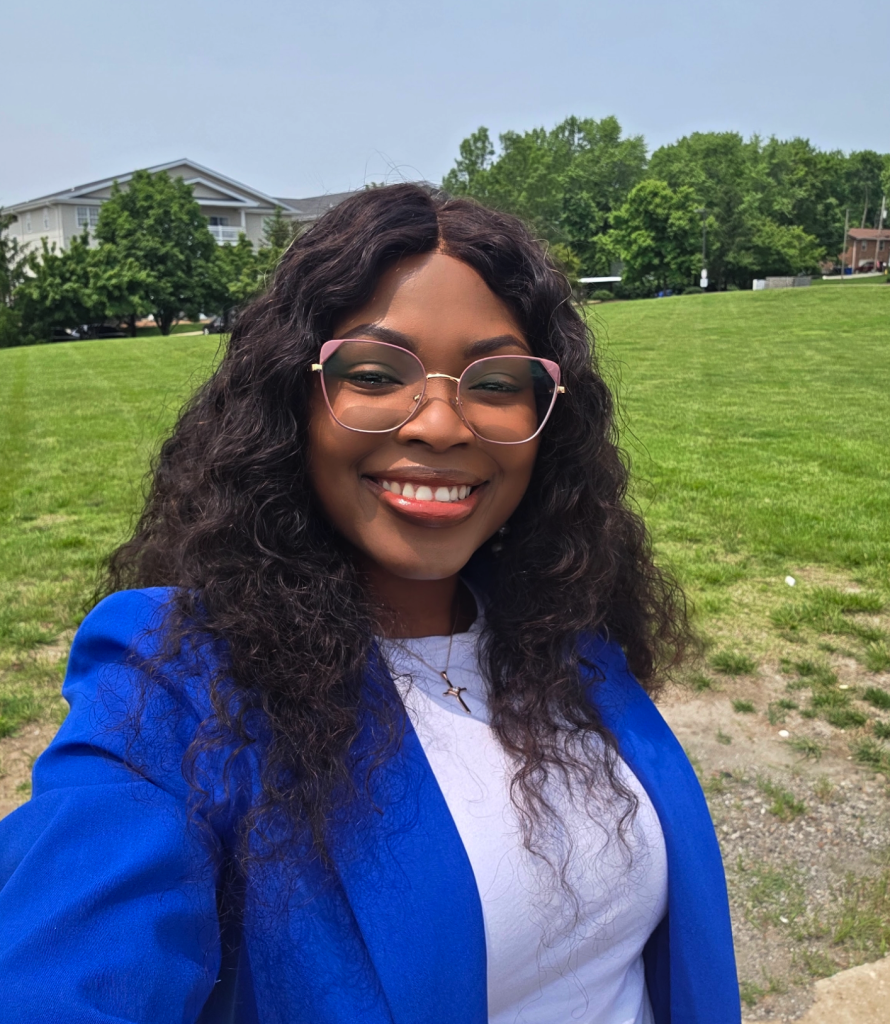Yesterday, a longtime friend, Victor, connected me with someone who needed insights I was in a position to provide. During our conversation, she shared something that struck me: she had access to so much information from so many people that it was creating fear about what to expect from a project she is working on.
Many people had shared their experiences with her, telling her not to expect good results based on their journeys. I chuckled (not at her concern, but because this scenario is so typical of our society today). It perfectly illustrates the concept of information overload and how too much well-intentioned advice can often derail us from taking action or discourage us from doing what we believe is best.
We need to be aware of this pattern so we don’t fall victim to the noise.
Why Good Counsel Actually Matters
I believe in seeking counsel when making life decisions. Scripture tells us in Proverbs 11:14 that “Where no counsel is, the people fall: but in the multitude of counsellors there is safety.” But here’s the key: we should seek good counsel, ideally from thought leaders and subject matter experts who can take the time to listen to your specific situation.
Quality counselors understand your unique journey. They can separate their personal experiences from yours and provide tailored advice that suits your path. They recognize that your experience is your own, and just because someone lived their life a certain way doesn’t mean you’ll get the same results if you take identical steps.
This is fundamentally different from exposing yourself to random information from all walks of life, which is exactly what happens on social media platforms.
Here’s What the Research Says
Research consistently validates what many of us intuitively feel: information overload leads to poor decision-making, decreased productivity, and cognitive pressures. A comprehensive 2024 review found that when the amount of information exceeds our processing capacity, it initially improves performance, but beyond a certain point, it leads to worse outcomes.
Studies show that when individuals feel overwhelmed by tons of information, it results in anxiety, depression, and out-of-control psychological states. The psychological impact extends beyond decision-making. Information overload can manifest as distraction, indecision, and heightened stress levels, potentially diminishing individuals’ attention spans and overall productivity.
Social media platforms particularly amplify this problem. Research demonstrates that social media overload triggers increased fatigue, which in turn leads to the development of anxiety and diminished health self-efficacy. During the COVID-19 pandemic, studies found that social media overload was positively associated with anxiety, with the relationship mediated by information strain and increased risk perception.
Social Media Is Playing Tricks on Your Brain
While we might pick up valuable insights from social media groups and platforms, we need to develop what I call “social media awareness”: the ability to use these platforms without falling victim to bandwagon information that isn’t tailored for you.
Research reveals that social media platforms create unique challenges for information processing. Unlike traditional media with editorial controls, social media’s abundance of unregulated information makes it challenging for users to identify and process correct information. Studies have found that mobile social networking sites frequently lead to perceived information overload, which negatively affects well-being over time.
Here’s the reality: social media platforms aren’t 100% reliable resources for decision-making. People from all backgrounds have access to these platforms, and everyone has a voice. That’s not necessarily bad, but for goal-oriented, results-driven individuals, you need to understand that you’ll encounter:
- Information that’s both right and wrong
- Advice that’s both good and bad
- Mistakes from well-meaning people
- Even expert opinions that may be retracted later
When You’re Drowning in Too Much Information
Getting caught in the social media information whirlwind is like being thrown into the deepest part of the ocean and expecting to navigate easily. Even expert swimmers would struggle, and most of us aren’t expert users of these platforms.
That’s why it’s crucial to:
Step back and detox regularly. Take time away from these platforms without feeling guilty.
Filter information intentionally. Determine what’s important and relevant to your specific situation and values.
Seek specific information from specific people, not from everyone.
If we consume information without any filter, we subject ourselves to information overload, which can be depressing and discouraging rather than helpful.
What Works?
Research provides clear guidance on managing information overload effectively:
Set specific time boundaries. Studies suggest limiting social media platforms to 10 minutes per platform per day can significantly reduce loneliness and depression. One study found that participants who limited their Facebook, Instagram, and Snapchat use showed remarkable improvements in mental health within just three weeks.
Practice selective filtering. Research identifies two key strategies that people naturally develop: filtering (quickly determining whether information can be ignored based on certain criteria) and withdrawal (limiting the number of information sources you interact with). Both are essential for mental health preservation.
Seek structured counsel over random input. The biblical wisdom in Proverbs 11:14 aligns with modern psychological research: quality counselors can separate their personal experiences from yours and provide tailored advice, while random social media input lacks this crucial personalization.
Create digital detox periods. Studies show that taking regular breaks from digital media helps recover from stress and improves both well-being and work performance. Even short tech-free periods can reset your cognitive capacity.
You know the feeling: after reading something online, you feel mentally down, weak, or discouraged. We all experience this, but if we’re not careful, we become victims of what we consume.
This isn’t just anecdotal. Research confirms that information overload has significant impacts on psychological health, including negative affect, depressive symptoms, anxiety, and anger. Studies specifically examining social media use have found that people who frequently use these platforms may feel more depressed and less happy with life than those who spend more time on non-screen-related activities.
Remember that most people sharing advice don’t mean any harm. They’re simply putting their thoughts and opinions out there. But you have to be mentally strong enough to discern:
- Which advice aligns with your values and faith
- Which information serves your goals
- When you need to step away because it’s getting overwhelming
In Summary,
Don’t let yourself drown in the noise. Don’t get lost in information that wasn’t meant for your specific journey.
You can learn to protect yourself by taking deliberate steps away from things that overwhelm you. There’s too much information out there with little to no quality control, and we need to be aware of that reality.
Seek counsel, yes, but seek it wisely. Filter intentionally. And remember: your journey is unique, and the noise of others’ experiences doesn’t have to define your path forward.
What strategies do you use to filter information and protect your mental space? I’d love to hear your thoughts in the comments below.






